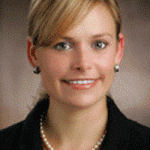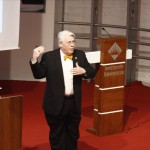“In difficult times, such as the times we find ourselves in today, it may be necessary to speak in one collective voice so that all our voices are heard. As lawyers and future lawyers, we are in a unique position to have our voices heard the loudest. I hope you will find the joint statement of Law School deans signed by the deans of more than three-quarters of the nation’s law schools on the recent attempts to overturn the election to be a loud voice.”
– Jace C. Gatewood, Dean and CEO of Atlanta’s John Marshall Law School
The following is a joint statement signed by 157 sitting law school deans. Written as a collaboration after a joint virtual meeting.
January 12, 2021
Law Deans Joint Statement on the 2020 Election and Events at the Capitol
We are deans of a diverse range of law schools across the country. We do not use our positions to advance our individual views. But we do have an obligation to support the rule of law and preserve the integrity of the legal profession. On rare occasions, despite our differing situations and views, that obligation requires us to speak as one to defend the fundamental commitments of our profession. This is such a moment.
The violent attack on the Capitol was an assault on our democracy and the rule of law. The effort to disrupt the certification of a free and fair election was a betrayal of the core values that undergird our Constitution. Lives were lost, the seat of our democracy was desecrated, and our country was shamed.
Many lawyers and judges worked honestly and in good faith, often in the face of considerable political pressure, to ensure the 2020 election was free and fair. However, we recognize with dismay and sorrow that some lawyers challenged the outcome of the election with claims that they did not support with facts or evidence. This betrayed the values of our profession. Our profession demands that when lawyers pursue legal action, they must bring claims in good faith, grounded in facts and evidence, and demonstrate respect for the legal system. Only then can lawyers fulfill their responsibilities as lawyers and public citizens to promote public confidence in the rule of law and the justice system — duties that extend to all professional activities, whether lawyers are representing a client or not. The rule of law is as much a touchstone of our profession as it is of our Constitution.
As law deans, our mission is to train the next generation of leaders to uphold the core values of our profession and sustain the rule of law. This should be a moment of reflection for legal educators and members of the legal profession. A sustained effort will be necessary to repair and preserve our precious democratic institutions. As legal educators and lawyers ourselves, we must redouble our efforts to restore faith in the rule of law and the ideals of the legal profession. We have enormous faith in the law’s enduring values and in our students, who will soon lead this profession. We call upon all members of the legal profession to join us in the vital work ahead.
Signed,
Alicia Ouellette
President and Dean
Albany Law School
Robert Dinerstein
Acting Dean and Professor of Law
American University, Washington College of Law
Jace C. Gatewood
Dean and CEO
Atlanta’s John Marshall Law School
Melanie Leslie
Dean and Samuel Belkin Professor of Law
Benjamin N. Cardozo School of Law, Yeshiva University
Vincent Rougeau
Dean and Professor
Boston College Law School
Angela Onwuachi-Willig
Dean and Professor of Law
Boston University School of Law
Michael T. Cahill
President, Joseph Crea Dean & Professor of Law
Brooklyn Law School
Sean M. Scott
President and Dean
California Western School of Law
J. Rich Leonard
Dean
Campbell Law School
Reynaldo Anaya Valencia
Dean and Professor of Law
Capital University Law School
Anita K. Krug
Dean and Professor
Chicago-Kent College of Law, Illinois Institute of Technology
Charles H. Rose III
Dean and Professor of Law
Claude W. Pettit College of Law, Ohio Northern University
Lee Fisher
Dean and Joseph C. Hostetler-BakerHostetler Chair in Law
Cleveland-Marshall College of Law, Cleveland State University
Gillian Lester
Dean and Lucy G. Moses Professor of Law
Columbia Law School
Jens David Ohlin
Interim Dean & Professor of Law
Cornell Law School
Joshua P. Fershée
Dean and Professor of Law
Creighton University School of Law
Henry C. Strickland
Dean
Cumberland School of Law, Samford University
Mary Lu Bilek
Dean and Professor of Law
CUNY School of Law
Rodney A. Smolla
Dean & Professor of Law
Delaware Law School, Widener University
Jennifer Rosato Perea
Dean and Professor
DePaul University College of Law
Jerry L. Anderson
Dean and Richard M. and Anita Calkins Distinguished Professor of Law
Drake University Law School
Kerry Abrams
James B. Duke and Benjamin N. Duke Dean and Professor of Law
Duke University School of Law
April M. Barton
Dean and Professor of Law
Duquesne University School of Law
Leticia M. Diaz
Dean and Professor of Law
Dwayne O. Andreas School of Law, Barry University
Horace Anderson
Dean and Professor of Law
Elisabeth Haub School of Law, Pace University
Luke Bierman
Dean and Professor of Law
Elon University School of Law
Mary Anne Bobinski
Dean and Asa Griggs Candler Professor of Law
Emory University School of Law
Deidré A. Keller
Dean and Professor of Law
Florida Agricultural and Mechanical University College of Law
C. Peter Goplerud
Dean and Professor of Law
Florida Coastal School of Law
Antony Page
Dean & FIU Foundation Professor of Law
Florida International University College of Law
Erin O’Hara O’Connor
Dean and McKenzie Professor of Law
Florida State University College of Law
Matthew Diller
Dean and Paul Fuller Professor of Law
Fordham University School of Law
William M. Treanor
Dean & Executive Vice President
Georgetown Law
Leslie E. Wolf
Interim Dean and Distinguished University Professor
Georgia State University College of Law
Eric C. Christiansen
Dean of the Law School (Interim, 2020-21), Professor of Law
Golden Gate University, School of Law
Jacob Rooksby
Dean and Professor of Law
Gonzaga University School of Law
John F. Manning
Morgan and Helen Chu Dean and Professor of Law
Harvard Law School
Danielle Holley-Walker
Dean and Professor of Law
Howard University School of Law
Austen Parrish
Dean and James H. Rudy Professor of Law
Indiana University Maurer School of Law
Karen E. Bravo
Dean and Professor of Law
Indiana University Robert H. McKinney School of Law
Gordon Smith
Dean and Woodruff J. Deem Professor of Law
J. Reuben Clark Law School at Brigham Young University
Jennifer J. Johnson
Dean and Erskine Wood Sr. Professor of Law
Lewis and Clark Law School
Matthew R. Lyon
Vice President & Dean
Lincoln Memorial University Duncan School of Law
Colin Crawford
Dean and Professor of Law
Louis D. Brandeis School of Law, University of Louisville
Lee Ann Wheelis Lockridge
Interim Dean and Professor of Law
Louisiana State University Law Center
Michael Waterstone
Dean and Professor of Law
Loyola Law School, Los Angeles
Michael J. Kaufman
Dean and Professor of Law
Loyola University Chicago School of Law
Madeleine M. Landrieu
Dean and Judge Adrian G. Duplantier Distinguished Professor of Law
Loyola University New Orleans College of Law
Gail Prudenti
Dean
Maurice A. Deane School of Law at Hofstra University
Cathy Cox
Dean and Professor of Law
Mercer University School of Law
Lincoln L. Davies
Dean & Frank R. Strong Chair in Law
Michael E. Moritz College of Law, The Ohio State University
Melanie B. Jacobs
Interim Dean & Professor of Law
Michigan State University College of Law
Patricia Bennett
Dean & Professor of Law
Mississippi College School of Law
Anthony Niedwiecki
President and Dean
Mitchell Hamline School of Law
Scott P. Brown
President and Dean
New England Law/Boston
Anthony W. Crowell
Dean and President
New York Law School
Trevor Morrison
Dean and Eric M. and Laurie B. Roth Professor of Law
New York University School of Law
James Hackney
Dean and Professor of Law
Northeastern University School of Law
Cassandra L. Hill
Dean and Professor of Law
Northern Illinois University College of Law
James Speta
Interim Dean
Northwestern Pritzker School of Law
José Roberto (Beto) Juárez, Jr.
Dean and Professor of Law
Nova Southeastern University Shepard Broad College of Law
Jim Roth
Dean and Professor of Law
Oklahoma City University School of Law
Danielle M. Conway
Dean and Donald J. Farage Professor of Law
Penn State Dickinson Law
Hari M. Osofsky
Dean, Penn State Law and Penn State School of International Affairs
Distinguished Professor of Law, Professor of International Affairs, and Professor of Geography
Paul L. Caron
Duane and Kelly Roberts Dean and Professor of Law
Pepperdine University Rick J. Caruso School of Law
Fernando Moreno Orama
Dean
Pontifical Catholic University of Puerto Rico
Jennifer Gerarda Brown
Dean and Professor of Law
Quinnipiac University School of Law
Gregory W. Bowman
Dean & Professor of Law
Roger Williams University School of Law
David Lopez
Co-Dean & Professor of Law
Rutgers Law School
Kimberly M. Mutcherson
Co-Dean & Professor of Law
Rutgers Law School
Elizabeth Kronk Warner
Dean
S.J. Quinney College of Law, University of Utah
William P. Johnson
Dean and Professor of Law
Saint Louis University School of Law
Judith Daar
Ambassador Patricia L. Herbold Dean and Professor of Law
Salmon P. Chase College of Law, Northern Kentucky University
Douglas J. Sylvester
Dean and Professor of Law
Sandra Day O’Connor College of Law at Arizona State University
Anna M. Han
Interim Dean
Santa Clara University School of Law
Camille M. Davidson
Dean and Professor of Law
School of Law, Southern Illinois University
Martin H. Brinkley
Dean and Arch T. Allen Distinguished Professor
School of Law, University of North Carolina at Chapel Hill
Annette E. Clark
Dean and Professor of Law
Seattle University School of Law
Kathleen M. Boozang
Dean and Professor of Law
Seton Hall University School of Law
Jennifer M. Collins
Judge James Noel Dean and Professor of Law
SMU Dedman School of Law
John Pierre
Chancellor
Southern University Law Center
Susan Westerberg Prager
President and Dean
Southwestern Law School
Michael A. Simons
Dean and John V. Brennan Professor of Law
St. John’s University School of Law
Jenny S. Martinez
Richard E. Lang Professor of Law & Dean
Stanford Law School
Michèle Alexandre
Dean and Professor of Law
Stetson University College of Law
Andrew Perlman
Dean & Professor of Law
Suffolk University Law School
Craig M. Boise
Dean and Professor of Law
Syracuse University College of Law
Gregory N. Mandel
Dean & Peter J. Liacouras Professor of Law
Temple University, Beasley School of Law
Dayna Bowen Matthew
Dean and Harold H. Greene Professor of Law
The George Washington University Law School
Christopher J. (C.J.) Peters
Dean and C. Blake McDowell, Jr. Professor of Law
The University of Akron School of Law
Mark E. Brandon
Dean and Thomas E. McMillan Professor of Law
The University of Alabama School of Law
Katharine Traylor Schaffzin
Dean & Professor of Law
The University of Memphis Cecil C. Humphreys School of Law
Sergio Pareja
Dean
The University of New Mexico School of Law
Benjamin Barros
Dean and Professor of Law
The University of Toledo College of Law
Lyn Suzanne Entzeroth
Dean and Dean John Rogers Endowed Chair
The University of Tulsa College of Law
Daniel M. Filler
Dean and Professor of Law
Thomas R. Kline School of Law, Drexel University
Elena B. Langan
Dean and Professor of Law
Touro Law Center
David D. Meyer
Dean and Mitchell Franklin Professor of Law
Tulane University Law School
Theresa Beiner
Dean & Nadine Baum Distinguished Professor of Law
UA Little Rock William H. Bowen School of Law
Kevin R. Johnson
Dean
UC Davis School of Law
Jennifer L. Mnookin
Dean and Ralph and Shirley Shapiro Professor of Law
UCLA School of Law
Darby Dickerson
Dean and Professor of Law
UIC John Marshall Law School, The University of Illinois at Chicago
Barbara Glesner Fines
Dean & Rubey M. Hulen Professor of Law
UMKC School of Law
Aviva Abramovsky
Dean and Professor of Law
University at Buffalo School of Law, The State University of New York
Marc L. Miller
Dean & Ralph W. Bilby Professor of Law
University of Arizona James E. Rogers College of Law
Margaret Sova McCabe
Dean & Professor of Law
University of Arkansas School of Law
Ronald Weich
Dean and Professor of Law
University of Baltimore School of Law
David L. Faigman
Chancellor & Dean and John F. Digardi Distinguished Professor of Law
University of California Hastings College of the Law
Erwin Chemerinsky
Dean and Jesse H. Choper Distinguished Professor of Law
University of California, Berkeley School of Law
L. Song Richardson
Dean and Chancellor’s Professor of Law
University of California, Irivine School of Law
Thomas J. Miles
Dean and Clifton R. Musser Professor of Law and Economics
University of Chicago Law School
Verna L. Williams
Dean and Nippert Professor of Law
University of Cincinnati College of Law
S. James Anaya
Dean and University Distinguished Professor
University of Colorado Law School
Eboni S. Nelson
Dean and Professor of Law
University of Connecticut School of Law
Andrew Strauss
Dean and Professor of Law
University of Dayton School of Law
Bruce P. Smith
Dean and Professor of Law
University of Denver Sturm College of Law
Phyllis L. Crocker
Dean and Professor of Law
University of Detroit Mercy School of Law
Laura Ann Rosenbury
Dean and Levin, Mabie & Levin Professor of Law
University of Florida Levin College of Law
Peter B. Rutledge
Dean
University of Georgia School of Law
Camille A. Nelson
Dean and Professor of Law
University of Hawai‘i at Mānoa, William S. Richardson School of Law
Leonard M. Baynes
Dean and Professor of Law
University of Houston Law Center
Jerrold Long
Dean and Professor of Law
University of Idaho College of Law
Vikram David Amar
Dean and Iwan Foundation Professor of Law
University of Illinois College of Law
Stephen W. Mazza
Dean and Professor of Law
University of Kansas School of Law
Mary J. Davis
Dean and Ashland-Spears Distinguished Research Professor of Law
University of Kentucky J. David Rosenberg College of Law
Donald B. Tobin
Dean and Professor of Law
University of Maryland Francis King Carey School of Law
Eric J. Mitnick
Dean & Professor of Law
University of Massachusetts School of Law
Anthony E. Varona
Dean and M. Minnette Massey Professor of Law
University of Miami School of Law
Mark D. West
Dean and Nippon Life Professor of Law
University of Michigan Law School
Garry W. Jenkins
Dean & William S. Pattee Professor of Law
University of Minnesota Law School
Susan H. Duncan
Dean and Professor of Law
University of Mississippi
Lyrissa Lidsky
Dean & Judge C.A. Leedy Professor of Law
University of Missouri School of Law
Richard Moberly
Dean and Richard C. & Catherine S. Schmoker Professor of Law
University of Nebraska College of Law
Daniel W. Hamilton
Dean & Richard J. Morgan Professor of Law
University of Nevada, Las Vegas William S. Boyd School of Law
Megan Carpenter
Dean and Professor of Law
University of New Hampshire Franklin Pierce School of Law
Michael S. McGinniss
Dean and Professor of Law
University of North Dakota School of Law
Katheleen R. Guzman
Interim Dean and Professor
University of Oklahoma College of Law
Marcilynn A. Burke
Dean and Dave Frohnmayer Chair in Leadership and Law
University of Oregon School of Law
Theodore W. Ruger
Dean and Bernard G. Segal Professor of Law
University of Pennsylvania Carey Law School
Amy J. Wildermuth
Dean and Professor of Law
University of Pittsburgh School of Law
Vivian I. Neptune
Dean
University of Puerto Rico School of Law
Wendy C. Perdue
Dean and Professor of Law
University of Richmond School of Law
Robert Schapiro
Dean and Professor of Law
University of San Diego School of Law
Susan H. Freiwald
Dean and Professor of Law
University of San Francisco School of Law
William C. Hubbard
Dean and Professor of Law
University of South Carolina School of Law
Neil Fulton
Dean
University of South Dakota Knudson School of Law
Andrew T. Guzman
Dean and Carl Mason Franklin Chair in Law, and Professor of Law and Political Science
University of Southern California Gould School of Law
Robert K. Vischer
Dean and Mengler Chair in Law
University of St. Thomas School of Law
Douglas Blaze
Interim Dean and Art Stolnitz and E.O. Overton Professor of Law
University of Tennessee College of Law
Renée McDonald Hutchins
Dean & Rauh Chair of Public Interest Law
University of the District of Columbia David A. Clarke School of Law
Michael Hunter Schwartz
Dean and Professor of Law
University of the Pacific, McGeorge School of Law
Risa Goluboff
Dean and Arnold H. Leon Professor of Law and Professor of History
University of Virginia School of Law
Mario L. Barnes
Toni Rembe Dean and Professor of Law
University of Washington School of Law
Daniel P. Tokaji
Fred W. & Vi Miller Dean and Professor of Law
University of Wisconsin Law School
Klint Alexander
Dean and Professor of Law
University of Wyoming College of law
Chris Guthrie
Dean
Vanderbilt Law School
Thomas McHenry
President and Dean
Vermont Law School
Mark C. Alexander
Arthur J. Kania Dean and Professor of Law
Villanova University Charles Widger School of Law
Jane H Aiken
Dean and Professor of Law
Wake Forest Law School
Carla D. Pratt
Dean and Professor of Law
Washburn University School of Law
Brant J. Hellwig
Dean and Professor of Law
Washington and Lee University School of Law
Nancy Staudt
Dean and Howard & Caroline Cayne Distinguished Professor of Law
Washington University School of Law
Richard A. Bierschbach
Dean and Professor of Law
Wayne State University Law School
James McGrath
Dean and President
Western Michigan University Cooley Law School
Sudha Setty
Dean and Professor of Law
Western New England University School of Law
Allen K. Easley
Dean & Professor of Law
Western State College of Law at Westcliff University
Brian Gallini
Dean & Professor of Law
Willamette University College of Law
A. Benjamin Spencer
Dean & Chancellor Professor
William & Mary Law School
John E. Taylor
Interim Dean and Jackson Kelly Professor of Law
WVU College of Law
Heather K. Gerken
Dean and Sol & Lillian Goldman Professor of Law
Yale Law School

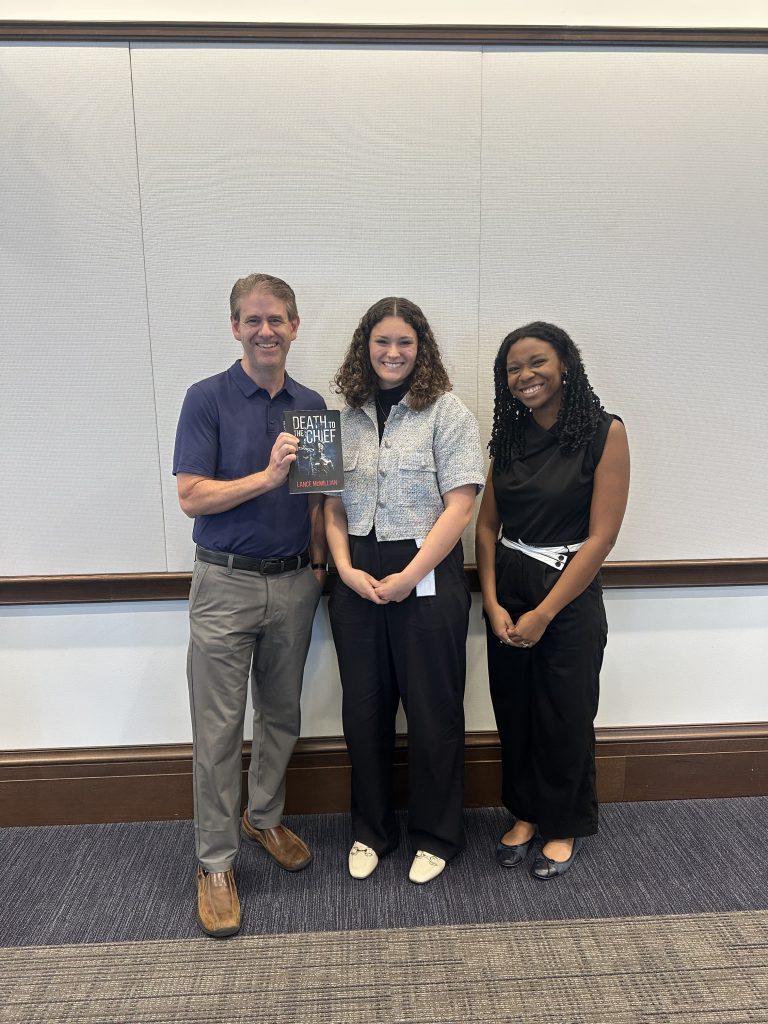
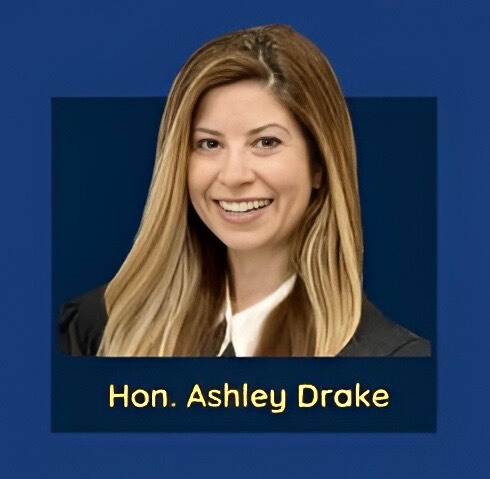
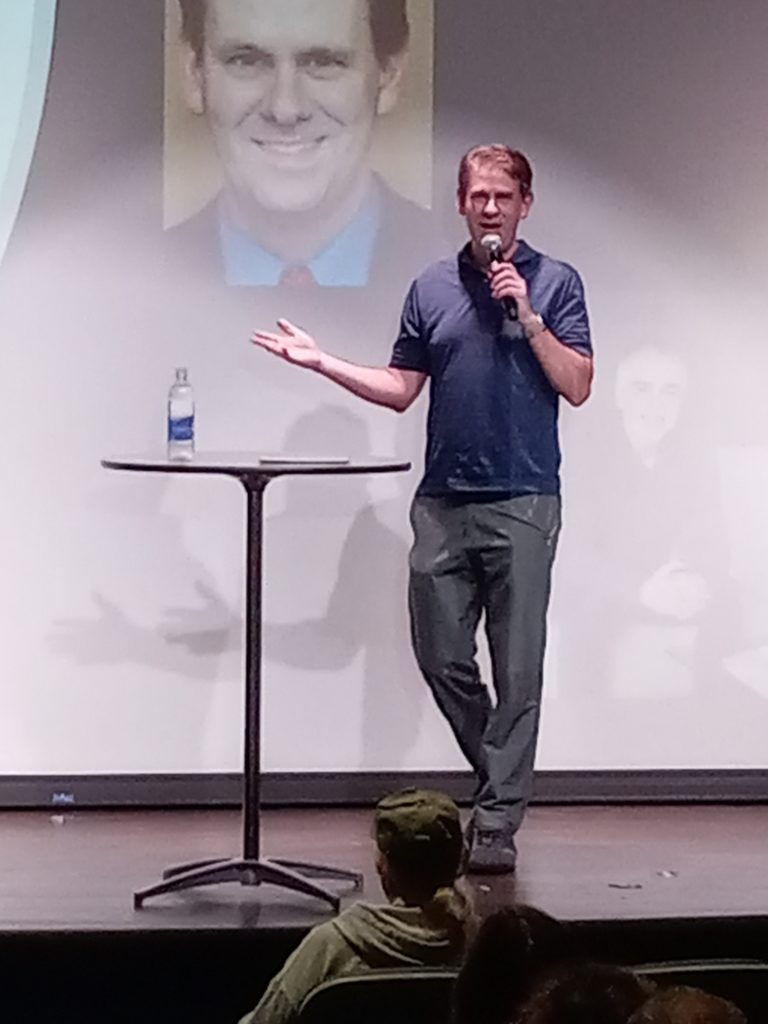
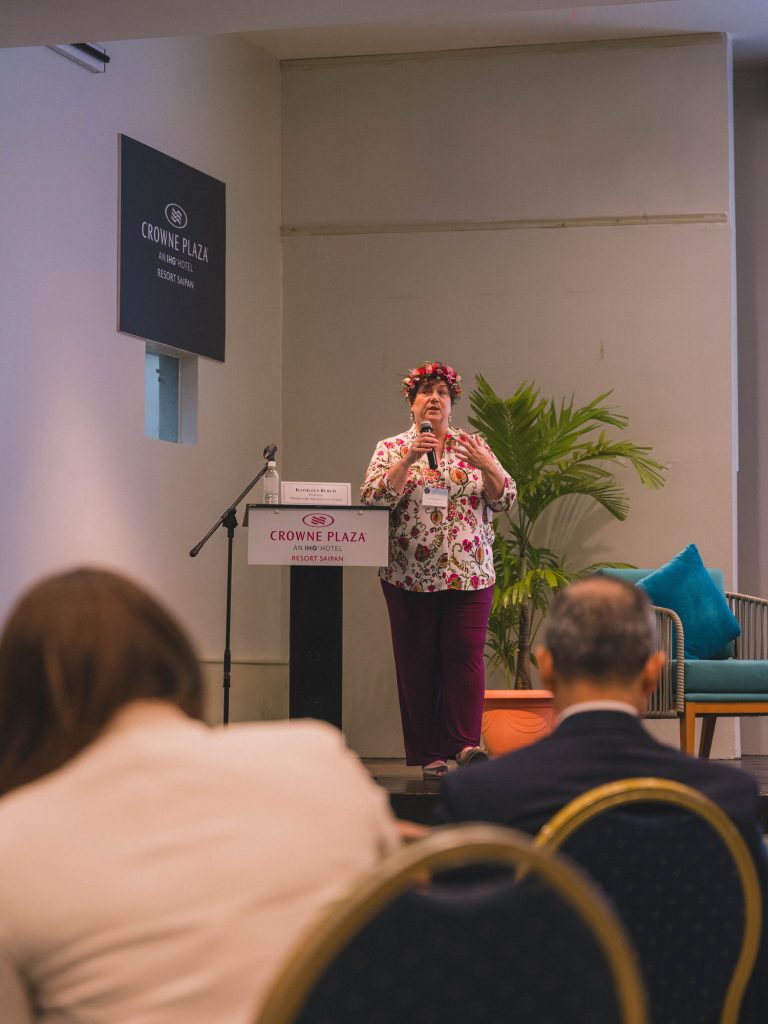
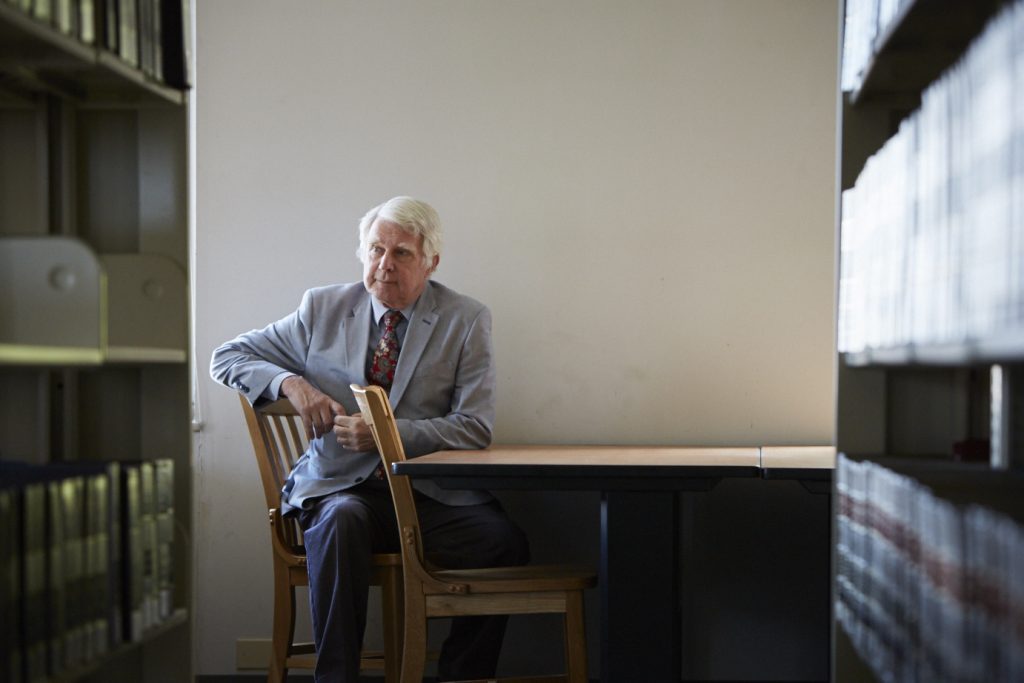
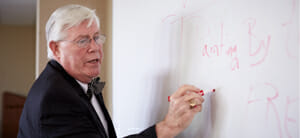
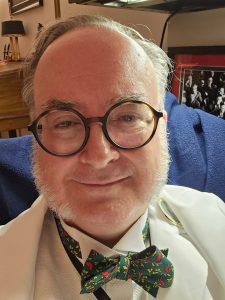
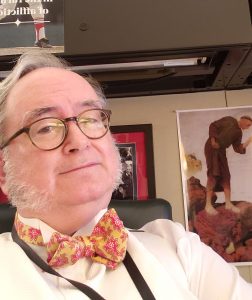
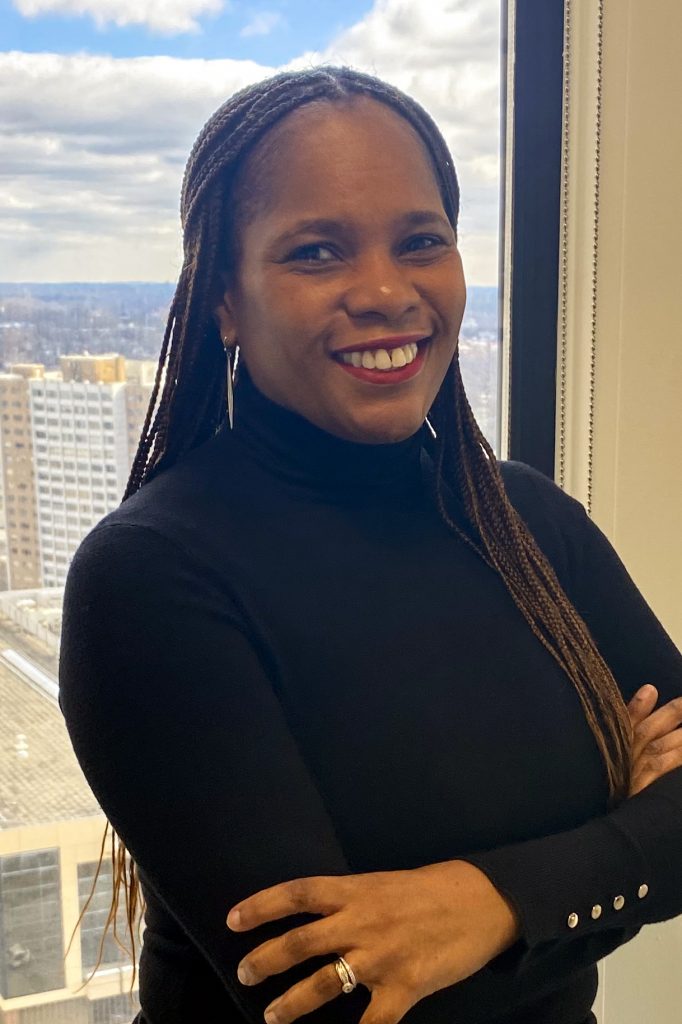
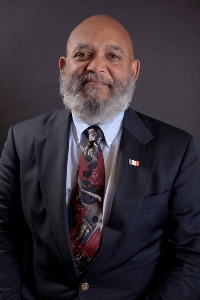
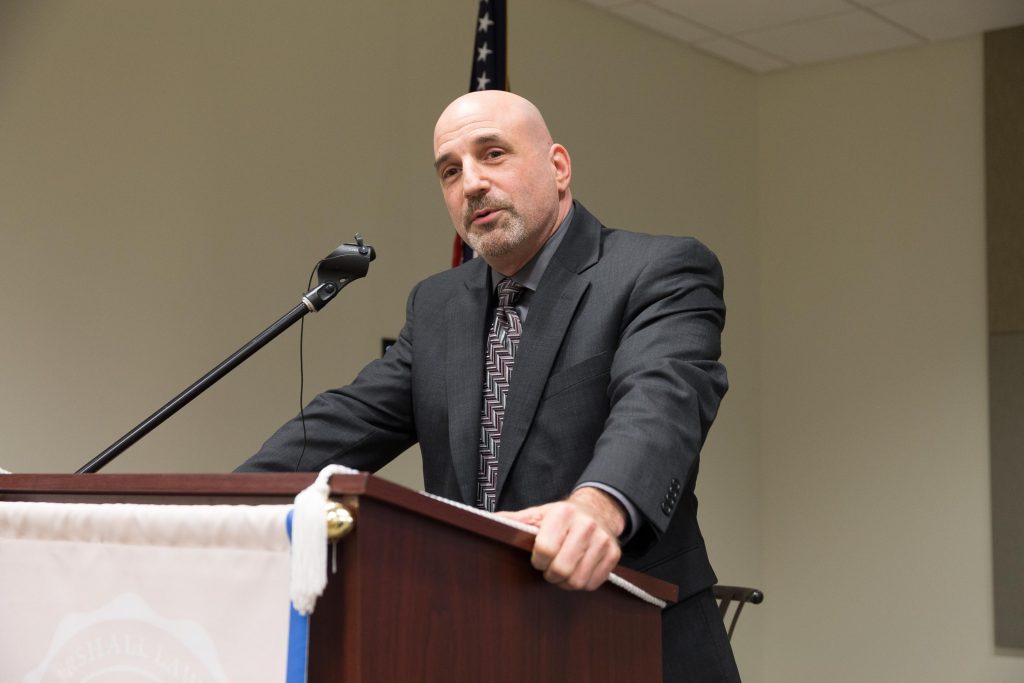
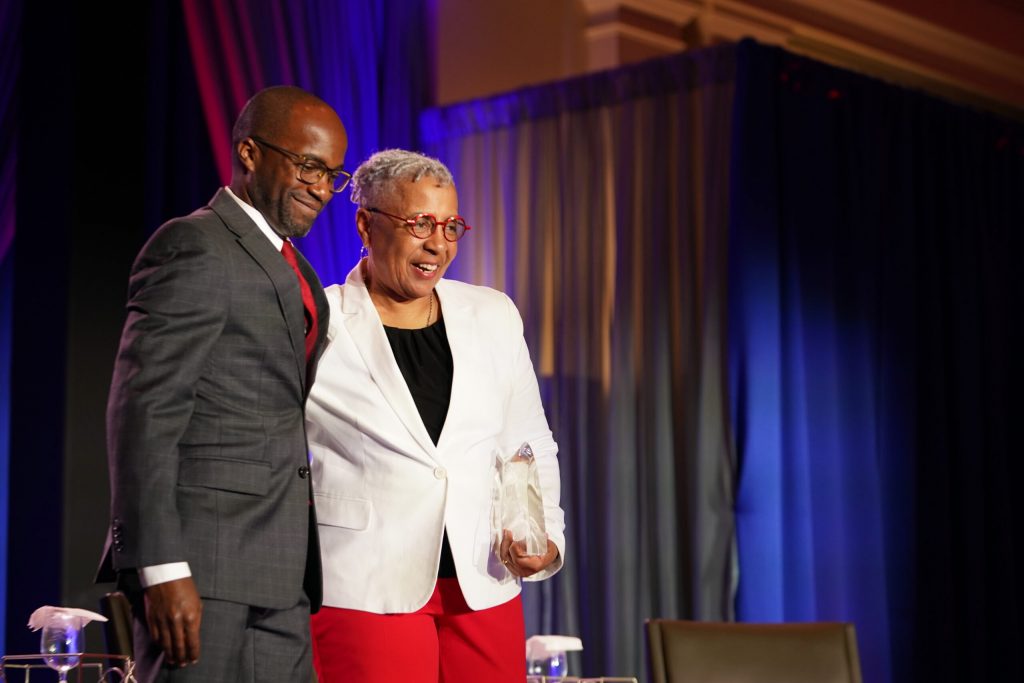
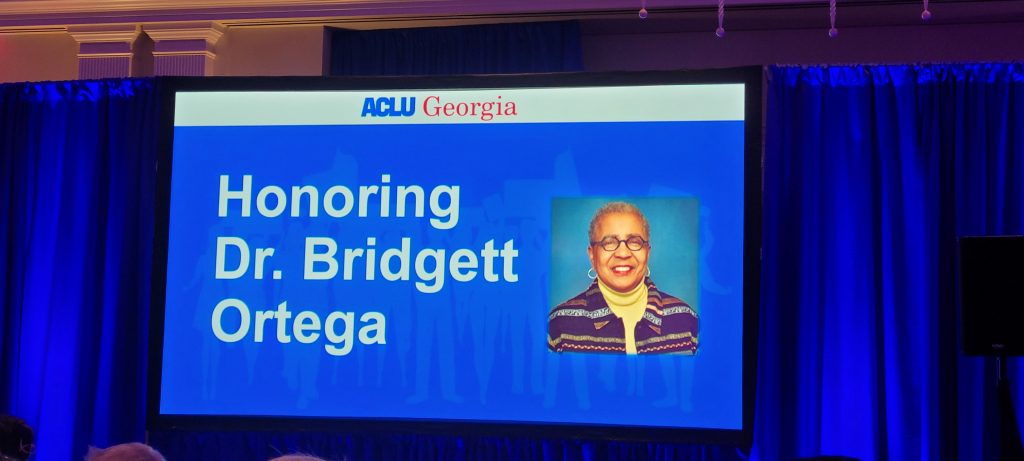
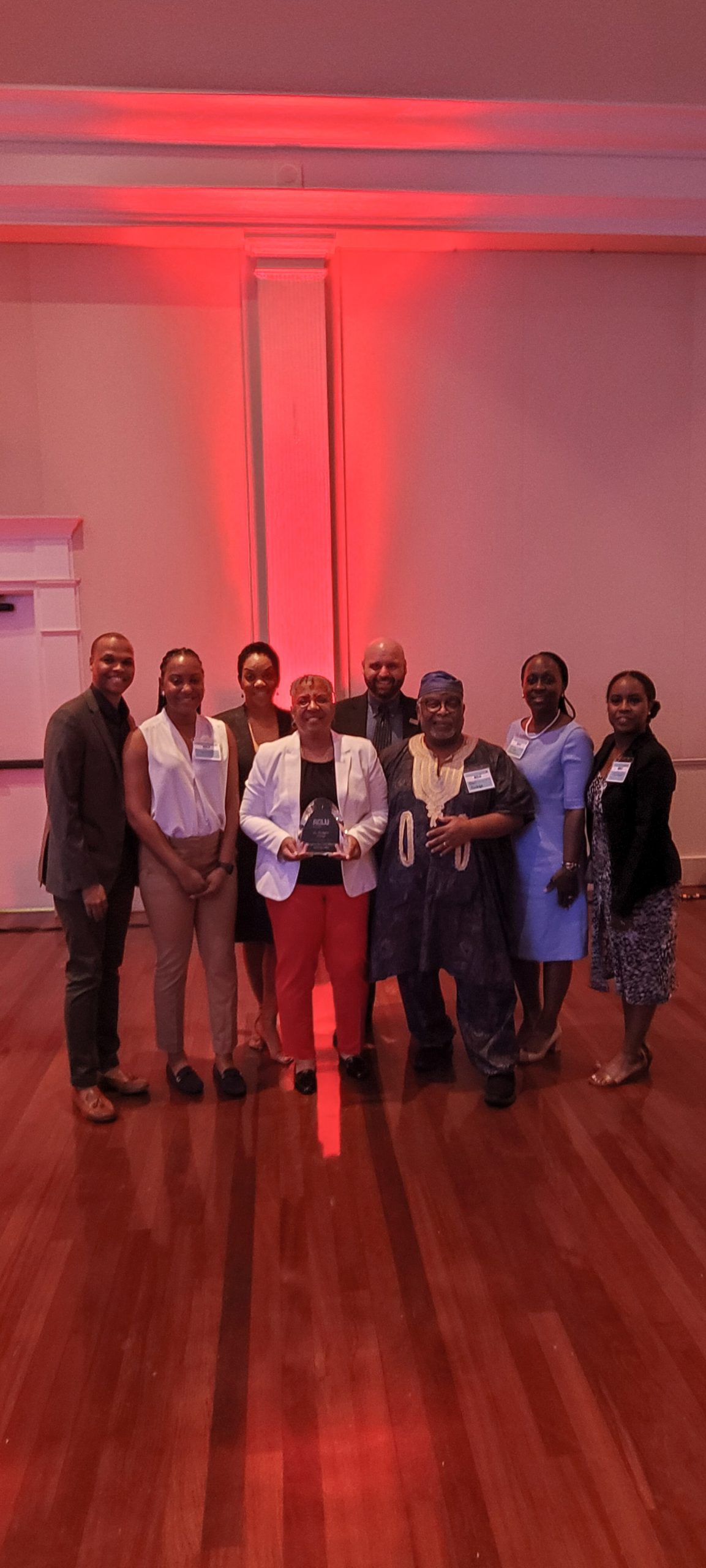
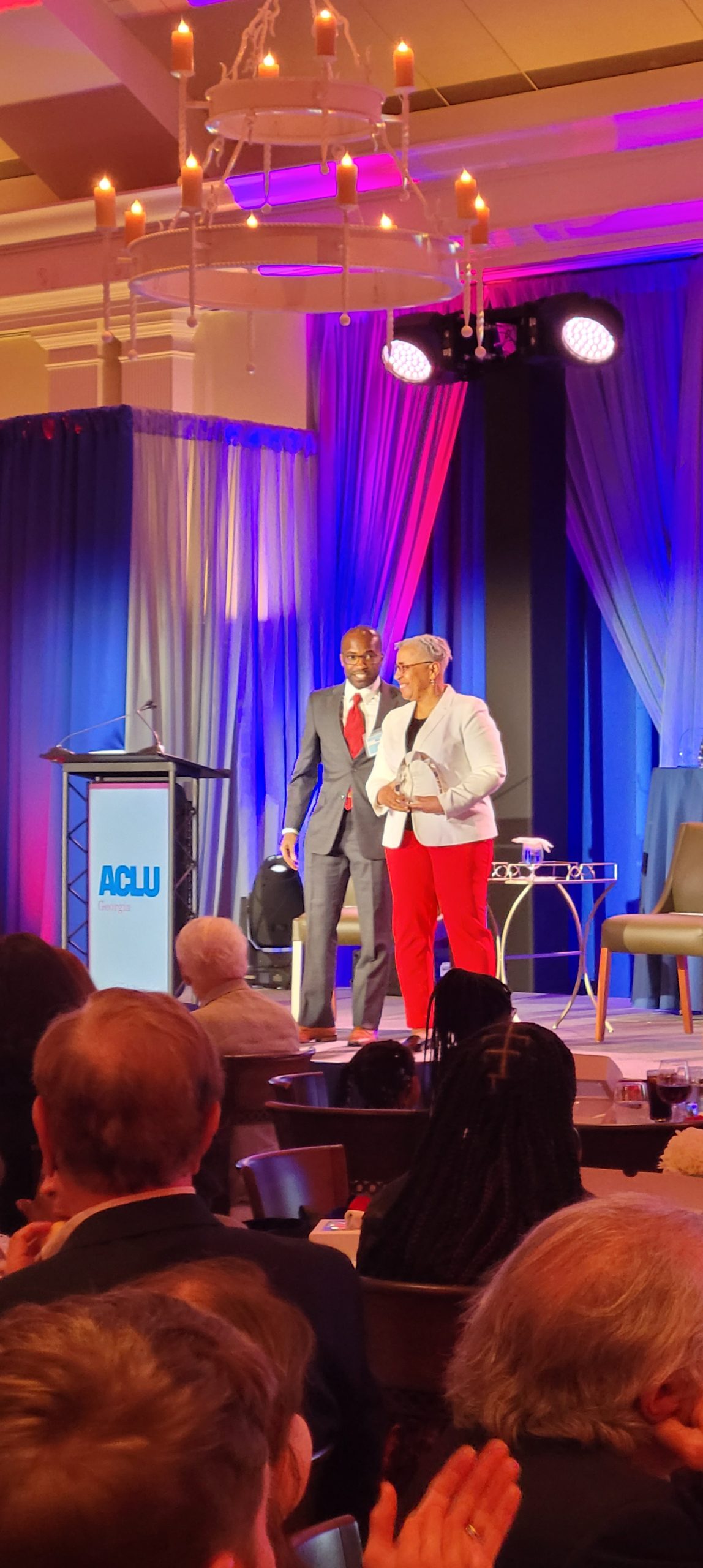

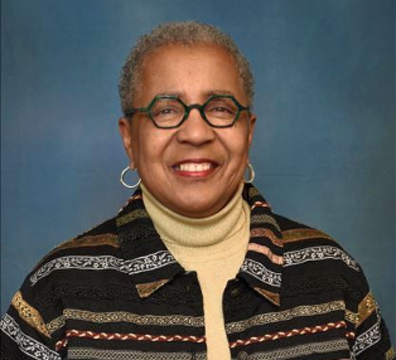
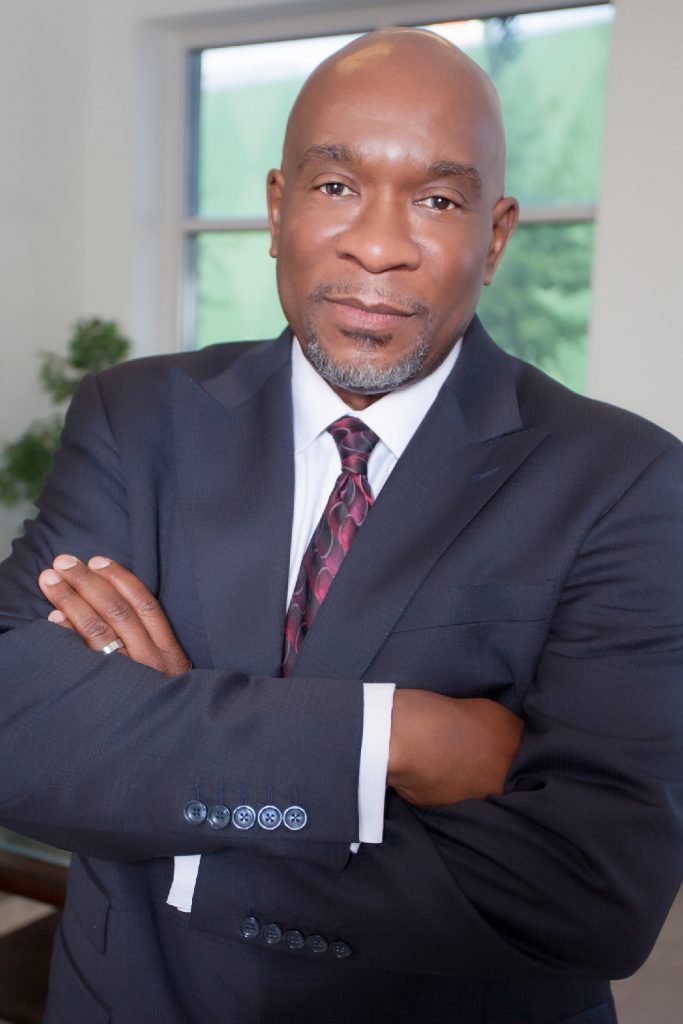


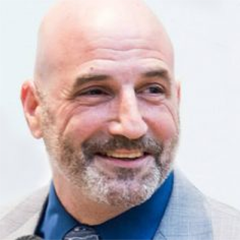
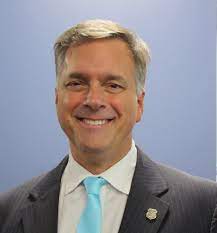
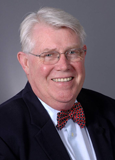
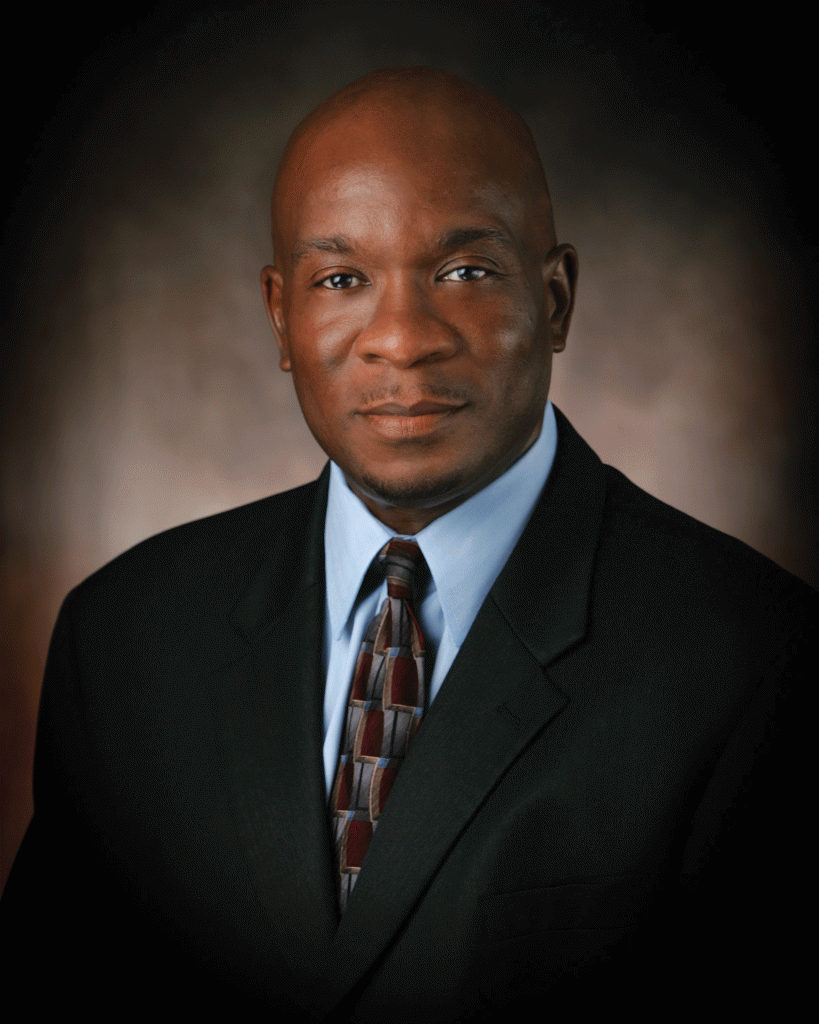
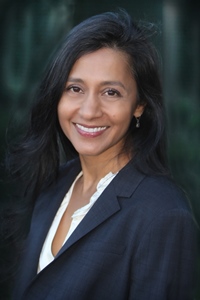
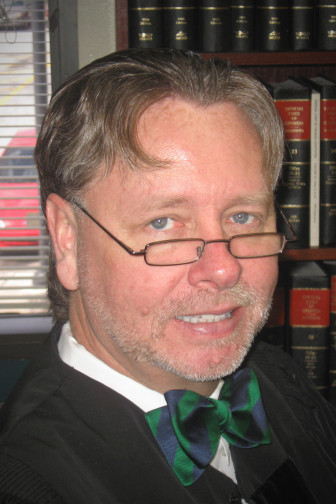
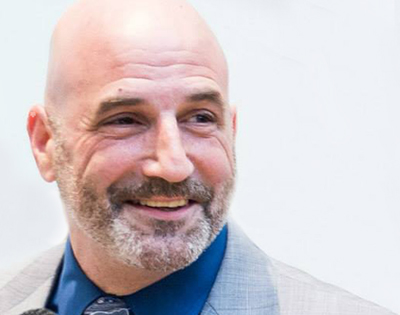
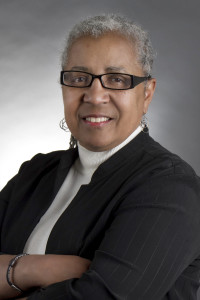
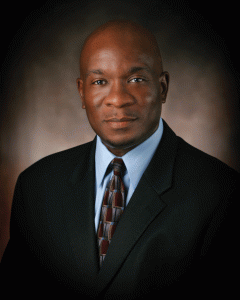 Atlanta’s John Marshall Law School (AJMLS) is pleased to announce the appointment of its 10th Dean, Jace C. Gatewood. Dean Gatewood succeeded Dean Malcolm L. Morris on January 1, 2020 as Interim Dean and CEO, becoming the first African American to serve in the role since the school’s founding in 1933.
Atlanta’s John Marshall Law School (AJMLS) is pleased to announce the appointment of its 10th Dean, Jace C. Gatewood. Dean Gatewood succeeded Dean Malcolm L. Morris on January 1, 2020 as Interim Dean and CEO, becoming the first African American to serve in the role since the school’s founding in 1933.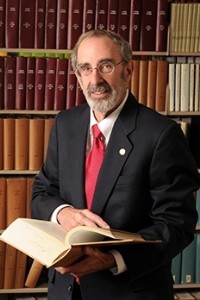
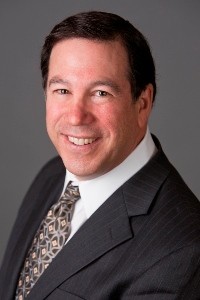 Atlanta’s John Marshall Law School Adjunct Professor, Jeffrey D. Diamond, was interviewed by WallHub as one of their insurance experts. The article goes in-depth about Georgia auto rates and insurers. Professor Diamond is a practicing litigation attorney who specializes in insurance law and related matters and teaches Insurance Law at Atlanta’s John Marshall Law School.
Atlanta’s John Marshall Law School Adjunct Professor, Jeffrey D. Diamond, was interviewed by WallHub as one of their insurance experts. The article goes in-depth about Georgia auto rates and insurers. Professor Diamond is a practicing litigation attorney who specializes in insurance law and related matters and teaches Insurance Law at Atlanta’s John Marshall Law School.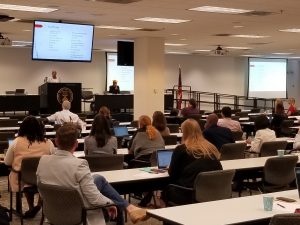 Several years ago, Georgia law schools formed GALE, the Georgia Association of Legal Externships. GALE has worked hard to standardize policies and practices for the supervision of externs in their field placements. Every year, the Georgia Association of Legal Externships hosts an annual Supervising Attorney training designed to help externship supervisors and their organization get the most out of working with law students. This year’s supervisor training was held at the Georgia State Bar on August 7, 2019. Assistant Dean of Experiential Learning, Dr. Bridgett E. Ortega facilitated a session on navigating cultural difference that was warmly received by the 75 plus attorneys in attendance.
Several years ago, Georgia law schools formed GALE, the Georgia Association of Legal Externships. GALE has worked hard to standardize policies and practices for the supervision of externs in their field placements. Every year, the Georgia Association of Legal Externships hosts an annual Supervising Attorney training designed to help externship supervisors and their organization get the most out of working with law students. This year’s supervisor training was held at the Georgia State Bar on August 7, 2019. Assistant Dean of Experiential Learning, Dr. Bridgett E. Ortega facilitated a session on navigating cultural difference that was warmly received by the 75 plus attorneys in attendance.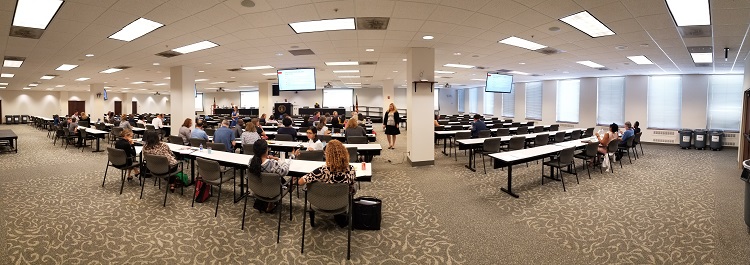
 Atlanta’s John Marshall Law School (AJMLS) Adjunct Professor and Acting District Attorney in Cobb County has been named the new Chief of Staff at the Georgia Bureau of Investigation (GBI).
Atlanta’s John Marshall Law School (AJMLS) Adjunct Professor and Acting District Attorney in Cobb County has been named the new Chief of Staff at the Georgia Bureau of Investigation (GBI).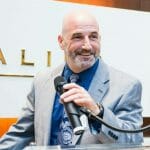 Atlanta’s John Marshall Law School (AJMLS) Professor and Director of the Criminal Justice Certificate Program, Jonathan A. Rapping, helped to facilitate the
Atlanta’s John Marshall Law School (AJMLS) Professor and Director of the Criminal Justice Certificate Program, Jonathan A. Rapping, helped to facilitate the 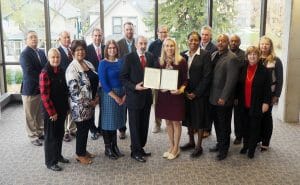 *Madison, Wisconsin – The National Conference of Bar Examiners (NCBE) and the Council on Legal Education Opportunity, Inc. (CLEO) are pleased to announce a new collaboration in support of their shared goal of increasing diversity and inclusion in the legal profession. NCBE has provided funding to bolster CLEO’s programs that help individuals from traditionally underrepresented racial and ethnic groups and disadvantaged communities achieve success in law school and prepare to take and pass the bar exam. For over 50 years, CLEO has successfully contributed to increasing the number of lawyers from diverse backgrounds in all sectors of law.
*Madison, Wisconsin – The National Conference of Bar Examiners (NCBE) and the Council on Legal Education Opportunity, Inc. (CLEO) are pleased to announce a new collaboration in support of their shared goal of increasing diversity and inclusion in the legal profession. NCBE has provided funding to bolster CLEO’s programs that help individuals from traditionally underrepresented racial and ethnic groups and disadvantaged communities achieve success in law school and prepare to take and pass the bar exam. For over 50 years, CLEO has successfully contributed to increasing the number of lawyers from diverse backgrounds in all sectors of law.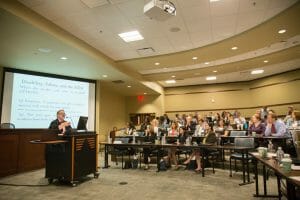 Atlanta’s John Marshall Law School (AJMLS) Professor Jeffrey Van Detta, the John E. Ryan Professor of International Business and Workplace Law, recently gave two lectures based on his most recently completed works of legal scholarship.
Atlanta’s John Marshall Law School (AJMLS) Professor Jeffrey Van Detta, the John E. Ryan Professor of International Business and Workplace Law, recently gave two lectures based on his most recently completed works of legal scholarship.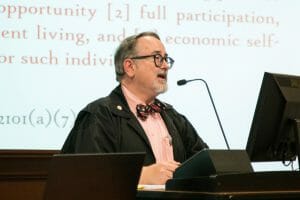 On October 18, 2018, Professor Van Detta was a featured presenter at the 25th Annual Georgia ICLE Supreme Court Update. Following a presentation he made on a blockbuster 2013 SCOTUS case concerning the Alien Tort Statute (ATS) in 20th Annual Supreme Court update in 2013, Professor Van Detta lectured on a pair of 2018 SCOTUS cases that substantially limited the kinds of claims that can be made under both the ATS and the anti-terrorism exceptions to foreign-nation sovereign immunity under the Foreign Sovereign Immunities Act (FSIA). The paper he wrote for the ICLE program has been accepted by the University of Indiana Robert H. McKinney School of Law’s International & Comparative Law Review, for publication in its Spring 2019 issue. In addition, the University of Indiana has invited Professor Van Detta to be one of the featured speakers at the Law Review‘s Annual Symposium in Spring 2019. Rubin v. Islamic Republic of Iran and Jesner v. Arab Bank, PLC: SCOTUS Trims To Statutory Boundaries The Recovery In U.S. Courts Against Sponsors of Terrorism and Human-Rights Violations Under FSIA and ATS, 29 Indiana Int’l & Comparative Law Review ___ (Spring 2019).
On October 18, 2018, Professor Van Detta was a featured presenter at the 25th Annual Georgia ICLE Supreme Court Update. Following a presentation he made on a blockbuster 2013 SCOTUS case concerning the Alien Tort Statute (ATS) in 20th Annual Supreme Court update in 2013, Professor Van Detta lectured on a pair of 2018 SCOTUS cases that substantially limited the kinds of claims that can be made under both the ATS and the anti-terrorism exceptions to foreign-nation sovereign immunity under the Foreign Sovereign Immunities Act (FSIA). The paper he wrote for the ICLE program has been accepted by the University of Indiana Robert H. McKinney School of Law’s International & Comparative Law Review, for publication in its Spring 2019 issue. In addition, the University of Indiana has invited Professor Van Detta to be one of the featured speakers at the Law Review‘s Annual Symposium in Spring 2019. Rubin v. Islamic Republic of Iran and Jesner v. Arab Bank, PLC: SCOTUS Trims To Statutory Boundaries The Recovery In U.S. Courts Against Sponsors of Terrorism and Human-Rights Violations Under FSIA and ATS, 29 Indiana Int’l & Comparative Law Review ___ (Spring 2019).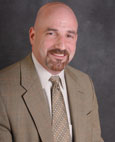

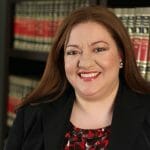 The Atlanta Bar Association is hosting their
The Atlanta Bar Association is hosting their 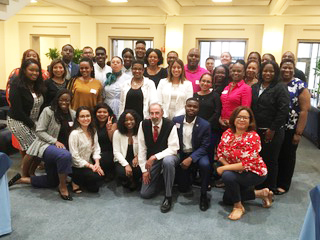
 The Department of Justice (DOJ) recently recognized the
The Department of Justice (DOJ) recently recognized the 
